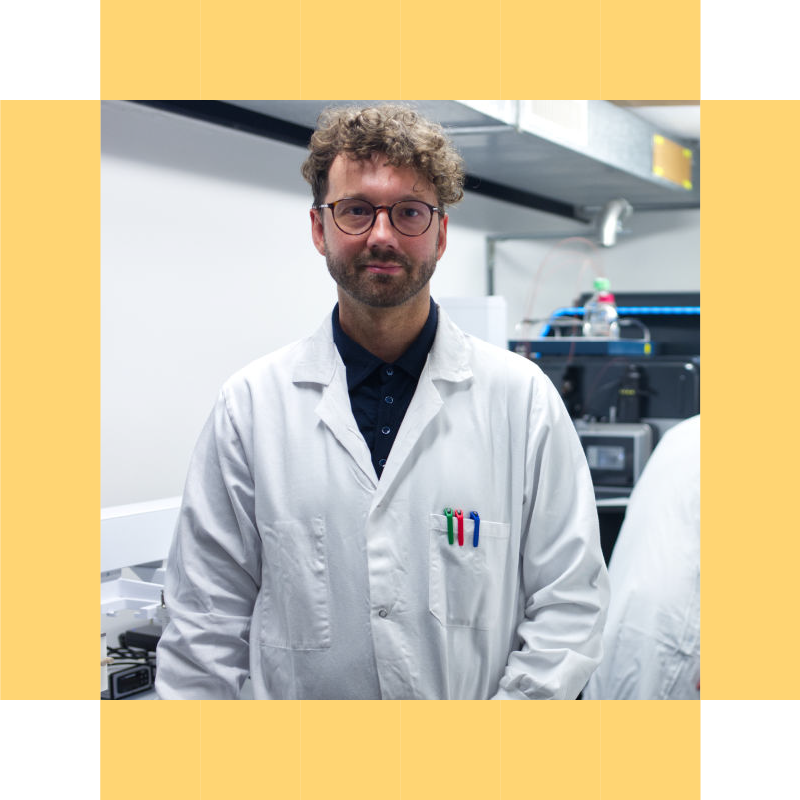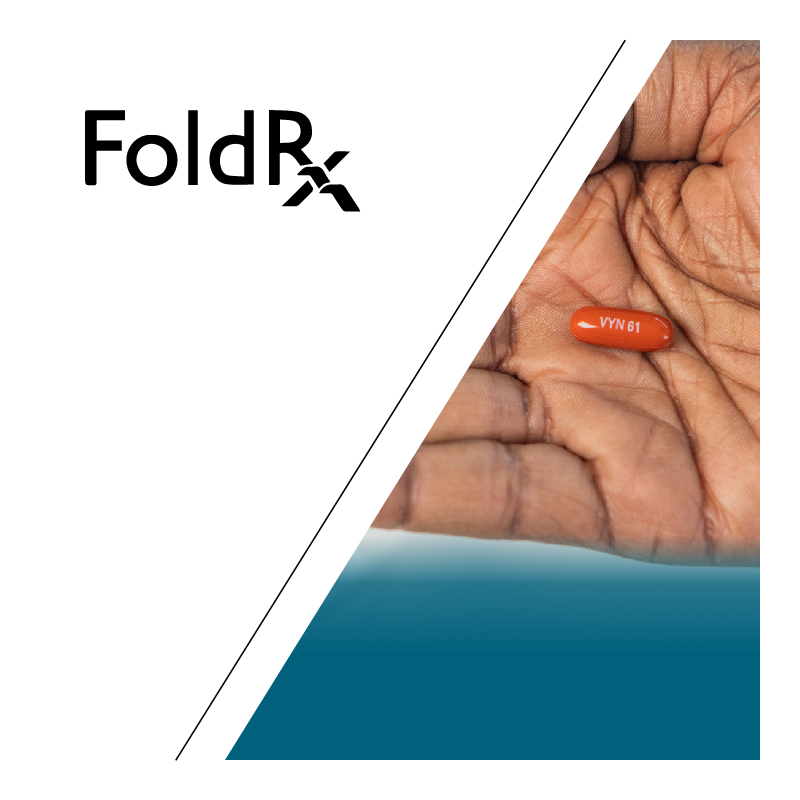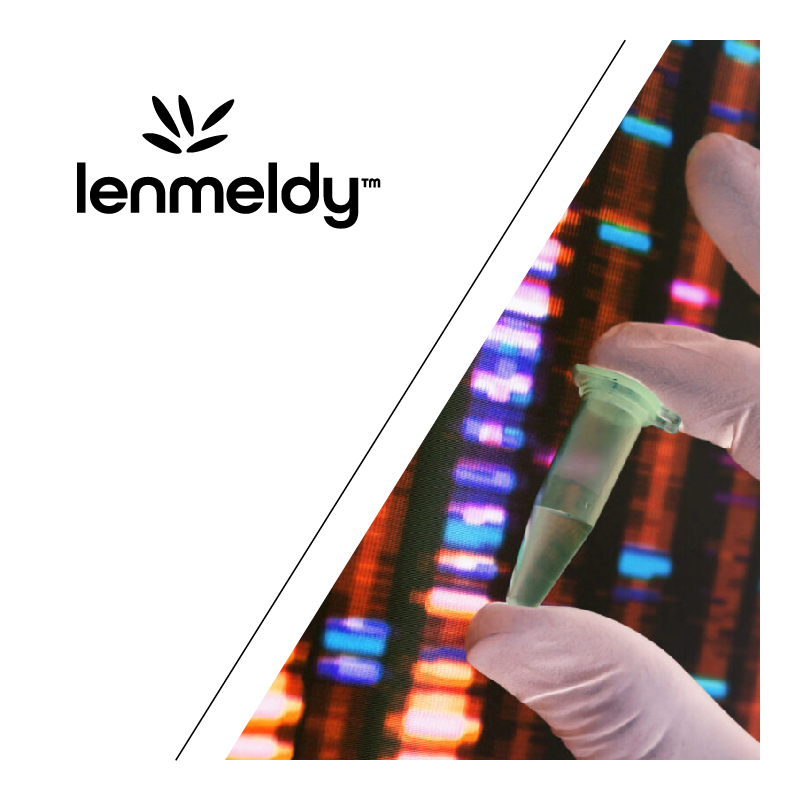Behind the Breakthrough: Q&A with Peptone, Kamil Tamiola

Behind the Breakthrough: Q&A with Peptone, Kamil Tamiola
Kamil Tamiola’s approach to better understand disease-causing proteins reflects his passion to study protein disorders.
Intrinsically disordered proteins (dubbed IDPs) and intrinsically disordered regions (IDRs) occur in one-third of the human proteome. Disordered proteins are shape-shifting and lack a consistent 3D structure. As a result, IDPs cannot be visualized using existing experimental methods, such as microscopy and mass spectrometry, or by predictive modeling approaches. Determined to “see” the invisible in the disordered proteome, Tamiola and his team have used interdisciplinary collaboration to address this longstanding challenge.
Tamiola had an opportunity early in his career to collaborate with researchers studying proteins implicated in progressive neurodegenerative disorders, like human alpha-synuclein and tau.
He explained, “It became evident that my expertise alone could only make a limited impact, and the true excitement lay in bringing together multiple disciplines.” The interdisciplinary collaboration was a significant shift for Tamiola, transitioning from solo physicist to cross-functional collaborator working closely with biologists and protein engineers. It was through this blending of different scientific disciplines that Peptone was born.
Peptone’s approach combines experimental and computational methods to study IDP molecular motions and their implications in biology. In a competitive landscape where some companies are using traditional approaches to tackle these challenging targets, Tamiola believes “Peptone’s technology can redefine what is considered “undruggable” into potential therapeutic opportunities.”
By leveraging proprietary tools to study protein shape and behavior before pursuing binding studies, Peptone can build more reliable models for drug discovery. This parallels the shift that X-ray crystallography brought to folded proteins, where understanding structure led to computer-aided molecule design.
What motivated you to start Peptone?
The idea stemmed from realizing the underexplored potential of IDPs while collaborating in academia. Historically, drug discovery against disordered proteins involved screening, identifying binding molecules and then refining them through tools like NMR spectroscopy. With a bit of luck, we recognized how little effort had been devoted to this incredibly important class of proteins and set out to develop drug candidates that would bind to these proteins and exert a biological effect.
We began with some thrilling results that came out of proof-of-concept studies with pharmaceutical partners. We demonstrated the transformative power of using computers to alter the properties of disordered proteins and yield empirical results, all achieved without the existence of our own laboratory at the time.
These successful early endeavors motivated us to establish a dedicated laboratory, where we now engage in truly original research, and that was the moment that marked the inception of Peptone.
“It became evident that my expertise alone could only make a limited impact, and the true excitement lay in bringing together multiple disciplines.”
Dr. Kamil Tamiola, Founder & CEO, Peptone
Why is understanding the structure of intrinsically disordered proteins so important for advancing human health?
Intrinsically disordered proteins are widespread in the human proteome and across all life forms. They serve the purpose of enabling proteins to exhibit diverse, dynamic, and plastic structures to fulfill complex cellular functions. Unlike proteins with a singular function, these proteins collaborate with partners and can assume various structures. Considering the role of IDPs in numerous biological functions, both inside and outside the cell, there is a vast array of potential therapeutic targets.
IDPs are a large and diverse group and early research focused on neurodegeneration. This interest arose from the observation that bizarre, yet structured fibers found in human brains caused Alzheimer’s. Notably, the molecules forming these fibers lacked any inherent structure themselves.
Today, we recognize that in oncology, cardiology, autoimmune diseases, and even weight loss, disordered peptides play a crucial role – highlighting the broad relevance of disordered proteins across various therapeutic categories.
What makes you most hopeful about Peptone’s future?
We are seeing incredibly exciting data coming out of our programs and it is abundantly clear to us that this technology that we first developed for biologics research can also be successfully applied to small molecule drug discovery for intracellular targets.
As you read this, we are generating a wealth of data on challenging disordered targets showing great promise with clear therapeutic hypotheses. Our innovative insights position us to create best-in-class or first-in-class solutions. This is incredibly exciting as it allows us to revisit areas where people acknowledged the importance of a target but lacked a starting point. With Peptone’s unique approach and supporting data, we can now confidently guide progress.
How do think about the impact your early research can have on humankind overall?
I’m a humanist, and I believe in the value of humankind. And I still believe even with AI advances there will be a space and place and purpose for us in this world. Most importantly, I hope that companies like us, irrespective of how prolific we’ll be, will move the needle towards a better understanding of all these debilitating diseases and to giving people a better life.
What’s one lesson you’ve learned so far as CEO and founder?
Drug discovery is incredibly difficult with so many things that can go wrong. As much as we wish that we could reduce it to engineering and technological problems, I just don’t believe in that. What is incredibly humbling is the tremendous amount of artistry, devotion, and drive that individuals in the company must have, especially when there’s a challenge.
It is important to have a team that is motivated, almost obsessed with details, and in the face of setbacks, can find the inspiration to repeat experiments, look once again over data, and push in advance. So as CEO, my biggest responsibility is to communicate the progress of ups and downs transparently and concisely so we can make sensible decisions.
Who is someone who’s had the most professional impact on your career, and why?
I have two mentors. One is Dr. George Golumbeski and the other is Dr. Andrew Allen, both members of Peptone’s board of directors. Golumbeski is known in the drug discovery field as one of the most prolific deal makers who was key in the acquisition of Celgene by BMS. Andrew Allen is a professional chairman of our company but also an entrepreneur and clinician himself. They are both incredible people and play a vital role in shaping how I run the company and how I think about drug discovery. I call them my sounding board when it comes to decision-making, but also strategic thinking. Sometimes it is not even by giving me direct feedback, but by sending an article or a podcast saying, “Listen to this, look like these guys did it, what is there for us?” So, providing a learning experience in a variety of ways and I’m very, very grateful for that.
What’s one regular habit of yours that’s integral to your professional happiness and success?
Daily grand piano practice and reflection are very very useful. They really help me to calm down and focus and allow me to put myself in a sort of sensory deprivation mode to counteract all the stimuli I am exposed to daily. I’m also very committed to getting seven to eight hours of sleep every night and that is one thing I would recommend to anybody.
Subscribe to our newsletter to get the latest updates on how our portfolio companies continue to lead the way in their respective fields.


